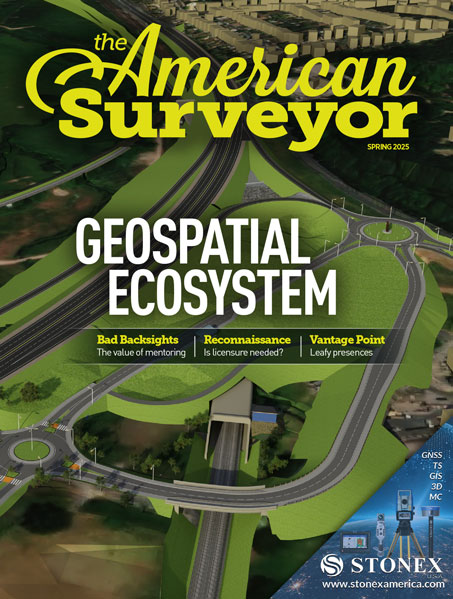Washington, Aug. 8—Associated Builders and Contractors issued the following statement in response to the U.S. Department of Labor today issuing a final rule, Updating the Davis-Bacon and Related Acts Regulations, which will make drastic revisions to the Davis-Bacon Act and Related Acts regulations that apply to federal and federally assisted construction projects funded by taxpayers.
“This is yet another Biden administration handout to organized labor on the backs of taxpayers, small businesses and the free market,” said ABC Vice President of Regulatory, Labor and State Affairs Ben Brubeck. “Unfortunately, the DOL’s final rule disregards the feedback of ABC contractors, construction industry stakeholders and thousands of small businesses urging the withdrawal of this unnecessary, costly and burdensome regulation. Instead, the DOL is moving forward with dramatic changes to prevailing wage regulations, reversing much-needed reforms that were established nearly 40 years ago, and unlawfully increasing the regulatory burden on small businesses, new industries and public works projects.”
“With this final rule, the DOL has abandoned any possibility of instituting commonsense reforms to Davis-Bacon regulations to ensure accurate and prompt prevailing wage determinations while providing the regulated community with the clarity needed to deliver high-quality projects at an affordable cost to taxpayers,” said Brubeck. “Instead, the rule makes it much more likely that the DOL will adopt union wage scales at the prevailing wage at a greater frequency than in current practice, which already adopts union wage scales at improbable rates considering just 11.7% of the construction industry is unionized. ABC will now be forced to take appropriate legal action to address the numerous illegal provisions of the final rule and protect our members, and ultimately hard-working taxpayers, from the harmful impacts of this regulation.
“The final rule comes in the midst of challenging economic conditions facing the construction industry, including high materials costs and a skilled labor shortage of more than half a million in 2023,” said Brubeck. “The onerous new requirements and artificial inflation of construction costs imposed by this rule will only exacerbate these headwinds and undermine taxpayer investments in infrastructure.”
ABC submitted nearly 70 pages of comments on the DOL’s proposed rule, and its more than 50 significant changes, urging the DOL to withdraw the proposal.
The 1931 Davis-Bacon Act and related regulations require contractors and subcontractors that perform work on federal and federally funded construction projects of $2,000 or more to pay a government-determined prevailing wage and benefit rate on an hourly basis to on-site construction workers. According to the DOL rulemaking, the Davis-Bacon Act and 71 active Related Acts collectively apply to an estimated $217 billion in federal and federally assisted construction spending per year—about 63% of all government construction put in place—and provide government-determined wage rates for an estimated 1.2 million U.S. construction workers.
The Congressional Budget Office estimates that repealing the 1930s-era Davis-Bacon Act would save the federal government $24.3 billion in spending between 2023 and 2032. A May 2022 study found that the Davis-Bacon Act costs taxpayers an extra $21 billion a year, increases the price tag of construction projects by at least 7.2% and inflates construction workforce wages by 20.2% compared to local market averages if the DOL calculated prevailing wages using modern and scientific methodology via the U.S. Bureau of Labor Statistics.
Learn more at abc.org/davisbacon.
About ABC
Associated Builders and Contractors is a national construction industry trade association established in 1950 that represents more than 22,000 members. Founded on the merit shop philosophy, ABC and its 68 chapters help members develop people, win work and deliver that work safely, ethically and profitably for the betterment of the communities in which ABC and its members work. Visit us at abc.org.
